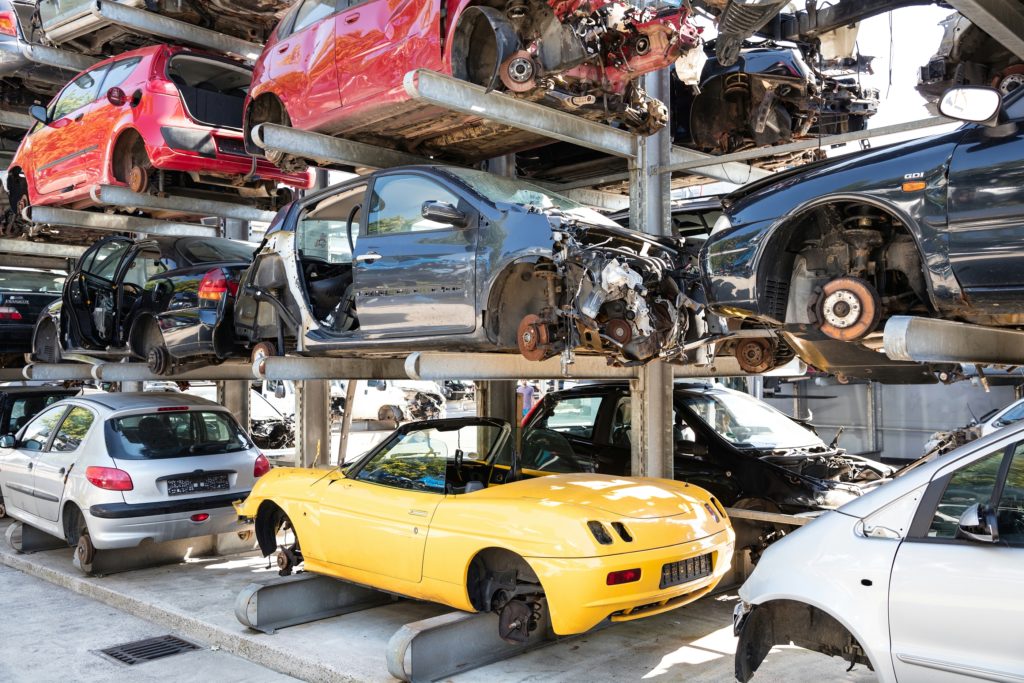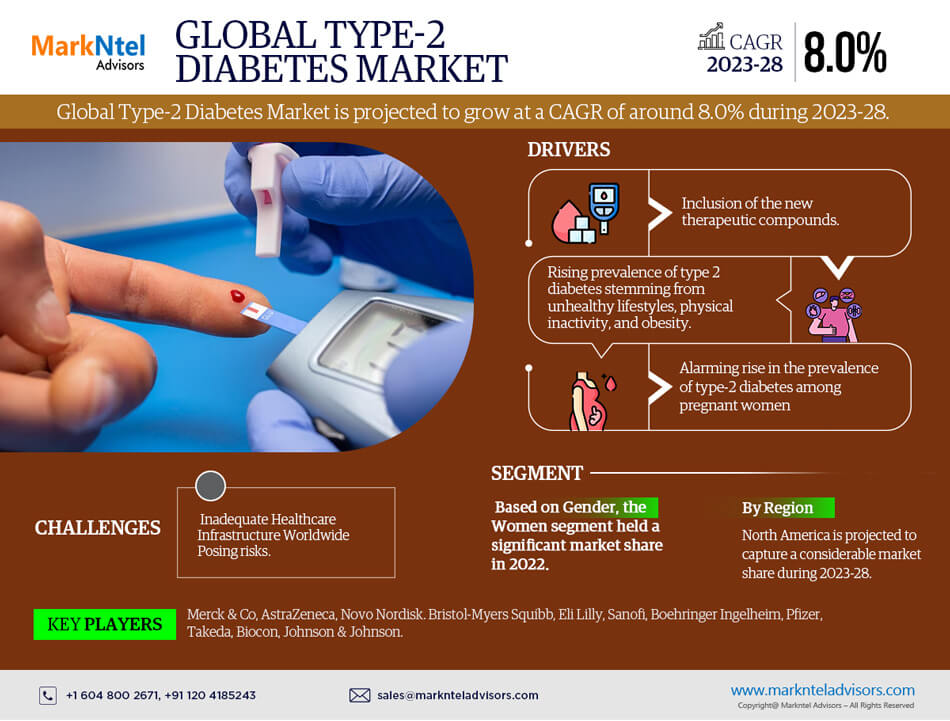Meta Description
Recycling car goes beyond environmental goodness; it extends its embrace to you. Unveil 11 captivating rewards of recycling that will kindle your desire for more excellent recycling endeavors. From economic savings to uplifted spirits, recycling encapsulates a world of wonders.
Introduction
Recycling car is the transformative journey from waste to rebirth, crafting fresh treasures from discarded remnants. It is a guardian of nature’s bounty, curbing pollution, kindling energy, and fostering livelihoods. Not confined to planetary merits, its virtues extend to you. This exploration unveils 11 astonishing recycling cars wonders, a revelation that might catch you by surprise.
Recycling’s roots span aeons is a timeless practice. Ancients wove metals, glass, and paper into new narratives of utility. Amidst the tumult of World War II, recycling’s embrace was indispensable, fashioning materials to fuel the battle. In this modern age, its significance crescendos as climate convulsions, resource wane, and waste’s burden assail us. A lodestar against this storm, recycling cars leads us to forge a tapestry of sustainability and circular resurgence, a realm where naught is squandered and all finds rebirth.
Recycling preserves the world’s natural resources.
Car Recycling transforms the old into the new, sparing Earth’s limited treasures. By repurposing materials, we safeguard vital resources—trees, water, minerals, fossil fuels—often fleeting and finite. Recycling cars also averts waste’s harmful fate in landfills or incinerators. In which rots, pollutes, and stokes climate woes. We hoist a banner of energy, wealth, and provisions for today and tomorrow through recycling.
Recycling protects the world’s wildlife.
Recycling counters humanity’s footprint on nature, championing its denizens. It curbs the havoc of deforestation, mining, logging, and manufacturing, which unravel habitats and biodiversity. In the aquatic realm, recycling stands against the tyranny of plastic, sparing marine life. By recycling cars and plastic, we unshackle sea creatures from the perils of ingestion, ensnarement, asphyxiation, and poisoning—a sanctuary for fish, birds, turtles, whales, and our kin.
Recycling protects the world’s people.
Recycling chips away at the societal and economic burdens of resource extraction and waste disposal, often borne by marginalized communities. It thwarts the perils of displacement, exploitation, poverty, health hazards, and human rights violations tied to seeking new resources or disposing of old ones. Recycling car is bolsters public well-being, diminishing exposure to detrimental substances and pollutants in waste or from waste management sites. It’s a defense against diseases like respiratory infections, cancer, congenital disabilities, and allergies rooted in waste and pollution.
Recycling keeps plastic out of the oceans.
we become the custodians of oceanic poetry, ensuring that the shimmering blues remain untainted by the plastic tide, and that the symphony of sea creatures continues to dance to a rhythm unsullied by pollution.
Recycling saves energy
Recycling emerges as a dynamic avenue for conserving energy, surpassing the demands of crafting new goods from raw resources. This practice wields the power to slash greenhouse gas emissions, countering the tide of climate change. Recycling’s energy-saving prowess lies in sidestepping or minimizing the extraction, transit, refinement, and manufacturing of fresh materials—a process rife with energy consumption and carbon dioxide discharge. Various materials offer varied energy preservation potential: aluminums (95%), steel (74%), paper (64%), and glass (32%). Embracing recycling allows us to kindle energy savings and trim our carbon footprint.
Recycling reduces greenhouse gas emissions.
Recycling essentially disrupts the cycle of constant resource extraction and production, a process notorious for its energy-intensive nature and its role in releasing carbon dioxide and other detrimental substances into the atmosphere. By embracing recycling we essentially breathe new life into old materials.
Recycling creates jobs
Recycling is a potent catalyst for job creation, outshining landfills or incineration methods. It forges employment opportunities by kindling economic vibrancy in collecting, sorting, processing, manufacturing, and retailing recycled materials and products. Diverse materials and sectors yield varying job yields: textile waste recycling spawns ten jobs per tonne, plastic waste recycling births 93 jobs per 10,000 tones, and electronic waste recycling fuels 296 jobs per 10,000 tones.
Recycling saves money
Recycling car unfurls as a financial savior for individuals, enterprises, and governments alike, slashing waste disposal expenditures and engendering income through recycled material or product sales. Auto Recycling keeps money in its pockets by evading or curbing waste management expenses like landfill fees.
Recycling improves public health.
Recycling takes a proactive stance in bolstering public health. Its curtails exposure to toxic substances in waste or released by waste management sites. . Beyond this, recycling elevates the quality of life for those near recycling centers, gifting cleaner air, reduced noise, and amplified social cohesion.
Recycling enhances creativity
Recycling cars catalyzes creativity, encouraging individuals to reimagine and repurpose discarded materials. This prompts inventive ventures spanning art, fashion, furniture, and innovation. Recycling incubates novel technologies and industries that harness recycled materials, like bioplastics, sustainable energy, and circular design. By recycling, we unfetter our imaginative prowess and spark innovation.
Recycling boosts morale
Recycling cars becomes a quiet anthem to our conscience, a testament to our commitment to the planet’s well-being. In its gentle rhythm, we find solace, for it reminds us that even in the face of adversity, we possess the power to mend, to rejuvenate, to soar. In this virtuous cycle, our spirits lift, and our morale finds its wings, soaring on the wings of hope and responsibility, knowing that our actions today will resonate with beauty and purpose for generations yet to come.
What are the five facts about recycling?
Unveiling the essence of recycling in five concise facts:
⦁ Recycling can slash landfill and incineration waste by a staggering 75%.
⦁ A recycling endeavor can yield tenfold more employment than conventional waste disposal methods.
⦁ In the U.S. alone, recycling’s potential annual revenue has climbed to an impressive $200 billion.
⦁ By preventing or decreasing the emission of 582 million tons of carbon dioxide equivalent annually, recycling takes a bold stand against climate change.
⦁ With its boundless ingenuity, recycling car kindles innovative endeavors spanning art, fashion, and inventions.
What are the 4 points of recycling?
Recycling unfolds in four pivotal phases: collection, sorting, processing, and manufacturing. Commencing with the group, waste materials from homes, businesses, and centres unite. Segregation follows, categorizing materials like paper, plastic, metal, and glass.
What are two fun facts about recycling?
- Recycling a solitary wine bottle ignites enough energy to illuminate a 100-watt light bulb for three hours.
- Gather 1000 plastic milk jugs; the result is a splendid 6-foot-long park bench, a testimony to recycling’s creative potential.
What are some interesting facts about recycling for kids?
- Imagine, each day, we create over 4 pounds of trash! That’s 1.5 tons of waste per year.
- In a mere hour, the U.S. discards a staggering 2.5 million plastic bottles!
- The New York Times, by using recycled newsprint, preserves 3.5 gallons of water with every print.
- From the recycling bin to the store shelf, a glass container can transform within 30 days.
- Curious about soda bottles? Five bottles craft an XL T-shirt, 27 create a cosy sweater, and 35 form a snuggly sleeping bag.
What are some interesting facts about waste?
- Each person in the U.S. contributes to 1.5 tons of waste annually.
- In the U.K., a staggering 26 million tonnes of rubbish is produced yearly, with 12 million recycled and 14 million sent to landfills.
- In Indonesia, a landfill stretching across 200 football fields welcomes 7,000 tons of trash daily.
- Remarkably, the U.K. generates enough waste in under 2 hours to fill London’s grand Albert Hall.
- Astonishingly, an aluminium can tossed away today remains an aluminium can 500 years into the future.
Final Analysis
In this discourse, we’ve explored how recycling safeguards nature’s treasures, shields wildlife, enhances well-being, curbs ocean-bound plastic, conserves energy, trims emissions, spawns jobs, boundaries costs, betters health, ignites innovation, and elevates spirits. In the act of recycling, we craft a brighter legacy for ourselves and the ones who follow.




